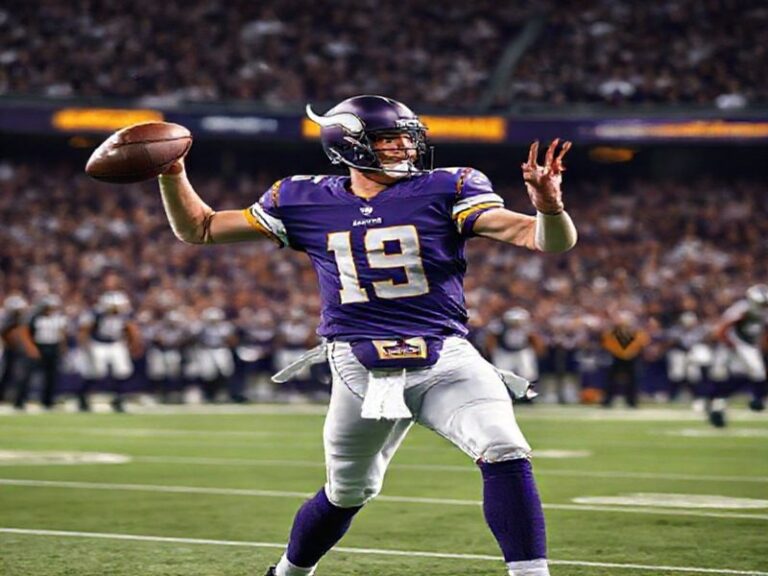Trent Grisham: The $3 Million Outfielder Shipping Global Irony Daily
The Tragicomic Global Odyssey of Trent Grisham, Baseball’s Wandering Metaphor
By Dave’s International Desk of Disenchantment
In the grand bazaar of global sport, where Premier League oligarchs flip super-clubs like condos and Chinese streaming giants bankroll esports teenagers who’ve never seen daylight, Trent Grisham stands as a quaint anachronism: a 27-year-old center-fielder from Fort Worth currently employed by the New York Yankees—baseball’s imperial navy—after being traded from San Diego, itself a franchise whose payroll is roughly the GDP of Fiji. To most of the planet, Grisham is the answer to a trivia question nobody asked; to the rest, he is a living, breathing allegory for late-capitalist restlessness and the universal law that no matter where you run, the metrics will find you.
Grisham’s 2023 season—.198 batting average, 13 home runs, a .305 on-base percentage—reads like a quarterly earnings report from a German solar firm: decent by ESG standards, catastrophic if you’re trying to keep the lights on. Yet the Yankees, a corporation that prints money faster than the Fed, deemed those numbers “premium defense with offensive upside,” which is corporate-speak for “we’ll pay him in exposure and pinstripes.” The transaction rippled through the global baseball diaspora: Japanese stat-heads on X (formerly Twitter) compared his sprint speed to bullet-train schedules; South Korean sabermetric blogs ran regression analyses on whether his beard density correlates with slugging; and somewhere in the Netherlands, a coach for the Honkbal Hoofdklasse used Grisham’s highlight reel to explain to teenage infielders why even Americans occasionally throw to the wrong base.
Internationally, Grisham’s value is measured less in RBIs than in arbitrage. His pre-arbitration salary—about $3.2 million—could bankroll the entire Nicaraguan professional league for three seasons, complete with post-game plantain vouchers. Meanwhile, the Yankees will recoup that sum selling three-inning “Grisham Garden Gnome” nights to hedge-fund interns who think a sacrifice fly is a boutique airline. The symmetry is almost poetic: the same month Grisham was traded, the World Bank revised global poverty upward by 100 million souls. Somewhere an algorithm shrugged.
Grisham’s defensive wizardry—he turned a 107-mph line drive into a double play last July using routes that would confuse Uber Maps—has made him a cult figure among the international baseball cognoscenti. In Melbourne, baristas screen his catches between flat-whites; in Mexico City, lucha libre announcers splice his dives into highlight reels under the tag “El Grishambre.” Yet the man himself remains stubbornly unimpressed by his own mythology, telling reporters after the trade, “I just try to catch the ball.” That humility, translated into seven languages, sounds less like modesty and more like nihilism. Catch the ball, kids; the rest is branding.
There is, of course, the darker subplot: Grisham’s bat. In an era when exit velocity is charted like viral outbreaks, a sub-Mendoza batting average is tantamount to economic treason. European soccer fans, accustomed to forgiving strikers who miss sitters if they run hard, find baseball’s cruelty refreshing. Middle Eastern sports channels, still learning the rules, play Grisham’s strikeouts on loop with orchestral backing, as if each whiff were a miniature Greek tragedy. Meanwhile, MLB’s data evangelists insist his 15th-percentile hard-hit rate is “a buy-low opportunity,” which is what venture capitalists told WeWork right before the fall.
What does it all mean for the wider world? Simply this: Grisham is the latest node in an international supply chain of athletic assets, moving north like avocados, subject to tariffs, memes, and the whims of a Steinbrenner scion who’s never clipped a coupon. His jersey will be sewn in Nicaragua, sold in Tokyo, and eventually repurposed as a dish-rag in Lagos. In the metaverse, an NFT of his glove sold for enough Ethereum to fund a rural clinic in Senegal, though the clinic remains unbuilt because the DAO voted to buy pixelated yachts instead.
Conclusion: Trent Grisham, accidental global citizen, embodies the absurdity of our distributed age—simultaneously overpaid and underpaid, celebrated and ignored, a defensive genius who can’t hit a curveball yet somehow keeps getting flown business class. Somewhere over the Pacific, en route to a Seoul exhibition series, he’ll stare out the window at 37,000 feet and wonder, like the rest of us, how exactly he got on this plane and whether anyone would notice if he simply kept flying. The answer, naturally, is that the algorithms already have. Buckle up, Trent; the world is your oyster, but the pearl’s been optioned to Disney.







